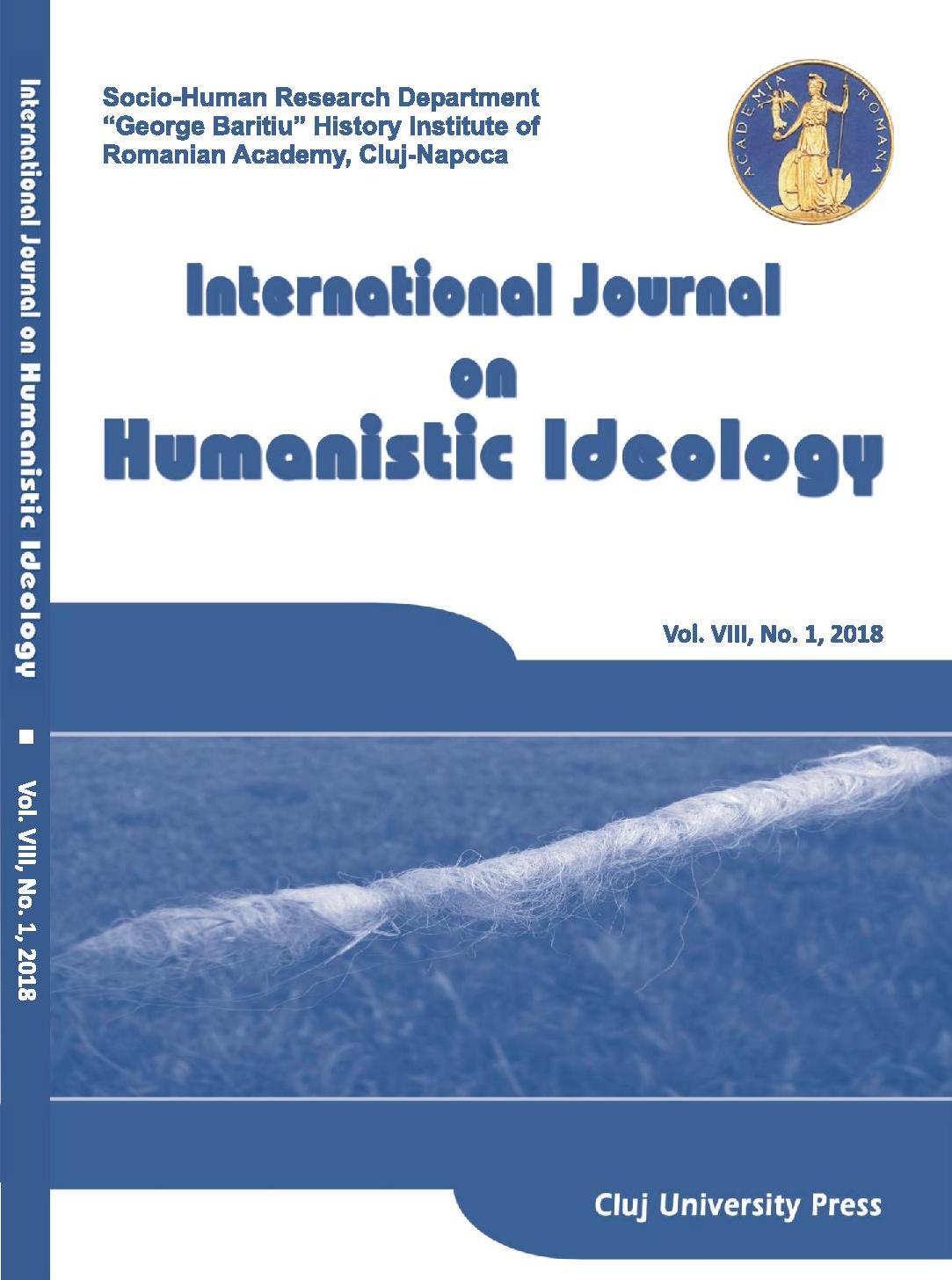Rituals, State and Legitimacy: A Study in the Context of Political Power Shifts in Nepal
Rituals, State and Legitimacy: A Study in the Context of Political Power Shifts in Nepal
Author(s): Shiva RijalSubject(s): Politics / Political Sciences, Philosophy, Social Sciences, Theology and Religion
Published by: Presa Universitara Clujeana
Keywords: Hindu monarchy;cultural legitimacy;state;religious rituals;moral;Nepali politics
Summary/Abstract: Culturally significant rituals whether they are conducted in Kumari Ghar (abode of the virgin goddess) of Kathmandu or in Ram Janaki Mandir of Janakpur among others, offer roles for the state head of Nepal to perform. With the 2006 peoples’ uprising leading to the declaration of Nepal as a republican state in 2008, such rituals have become sites of contestation for legitimacy between the former king and the president. The first president of the Republic of Nepal, a Madhesi intellectual and the erstwhile senior Nepali statesman, Dr. Ram Baran Yadav, and the second president Ms. Bidhya Devi Bhandari, a widow of the late Communist leader and a senior politician herself, performed rituals that were considered sole prerogatives of the Hindu monarchs for centuries. It is expected of the future Presidents and Prime Ministers to have their own castes, religions and gender in Nepal too. But the fact that rituals need to be given continuity and the state heads need to participate in them for the sake of cultural legitimacy is bound to promote liberal and pragmatic notion of rituals in Nepal. This sociocultural reality of Nepal, the paper argues, demonstrates important facets of rituals that they may not be as strict and closed as they were in religious practices.
Journal: International Journal on Humanistic Ideology
- Issue Year: VIII/2018
- Issue No: 01
- Page Range: 63-77
- Page Count: 14
- Language: English

